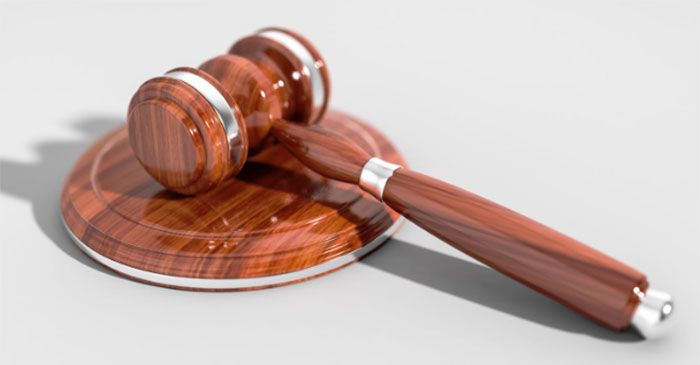What Happens After a Deposition? (Steps to Take)
Nov 14 2018 | posted by LORR Team

Knowing what happens after a deposition has been taken into your case is an essential part of keeping tabs on a lawsuit. After the suit is filed, attorneys on either side will call in witnesses who may have information regarding the case.
Those witnesses will then provide either a verbal or written deposition, sharing their knowledge of the person/charges in question, as well as answering any queries posed by the attorney.
Once an attorney has taken depositions, there are a few more steps before the case proceeds to court:
- Discovery continues. Depositions often reveal further details or witnesses in a case. Because of this, attorneys often need to do further investigation, follow up on new facts, and depose additional witnesses.
- Potential settlement. Once both attorneys have their cases built, there will likely be an attempt on at least one side to settle the suit out of court. The attorneys may negotiate back and forth until an agreement is reached.
- Trial prep. If a settlement can’t be reached, the attorneys will prepare for trial. This might include preparing witnesses previously deposed to testify in court or if a witness will be unable to attend the court date, capturing their testimony on video to show jurors.
- Court. Finally, the case will go to trial, and all parties — including deposed witnesses — will need to be present for the court date.
Witnesses who have been deposed should stay in contact with the attorney who took their deposition. It’s important that they make any attempt necessary to be present in court, should the need arise. They also may need to accommodate additional interviews or video depositions if asked.
Need Help Capturing a Video Deposition?
LORR’s legal videography experts can help you capture depositions to use during discovery, as part of trial prep, or in court. Contact us today to learn more.








